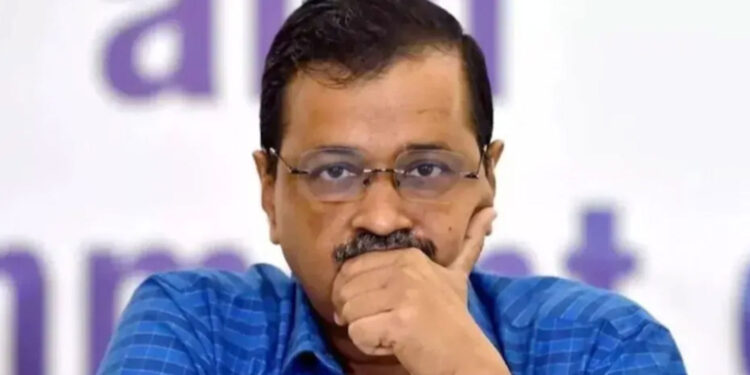Today, the Delhi High Court is set to hear Chief Minister Arvind Kejriwal’s challenge against his arrest by the Enforcement Directorate (ED) and the six-day remand in the money laundering case linked to the alleged liquor policy scam.
Kejriwal was arrested on March 21. Next day, the trial court had remanded him to ED custody till March 28.
Today, the Delhi High Court is scheduled to hear a significant case involving Chief Minister Arvind Kejriwal, who is challenging his arrest by the Enforcement Directorate (ED) and his subsequent remand for six days in connection with a money laundering case linked to an alleged liquor policy scam. This case has garnered widespread attention and is expected to have far-reaching implications.
Arvind Kejriwal, a prominent political figure known for his anti-corruption stance, was taken into custody by the ED on charges related to irregularities in the implementation of the liquor policy during his tenure as Chief Minister. The ED alleges that Kejriwal’s government granted illegal benefits to certain liquor vendors, leading to losses for the state exchequer.
The arrest of a sitting Chief Minister is a rare occurrence in India and has sparked a debate about the misuse of power and the independence of investigative agencies. Kejriwal’s supporters argue that the arrest is politically motivated and an attempt to silence dissent against the ruling party. They point to Kejriwal’s track record of challenging the establishment and his efforts to root out corruption as reasons for the alleged persecution.
On the other hand, the ED contends that there is concrete evidence linking Kejriwal to the alleged scam and that his arrest is a necessary step in the investigation process. They argue that no one, regardless of their position, should be above the law and that the legal system must be allowed to run its course without interference.
The outcome of this case is likely to have significant implications for Kejriwal’s political career and the future of anti-corruption movements in India. If he is able to successfully challenge his arrest and prove his innocence, it could bolster his image as a crusader against corruption and strengthen his political standing. However, if he is found guilty, it could tarnish his reputation and have serious repercussions for his party’s electoral prospects.
The case has also raised questions about the role of investigative agencies in India and their independence from political influence. Critics argue that these agencies are often used as tools by the ruling party to target political opponents, undermining the credibility of the legal system.
In light of these developments, all eyes are now on the Delhi High Court as it prepares to hear Kejriwal’s plea. The court’s decision will not only determine the immediate fate of Arvind Kejriwal but also have broader implications for the future of politics and governance in India.

















